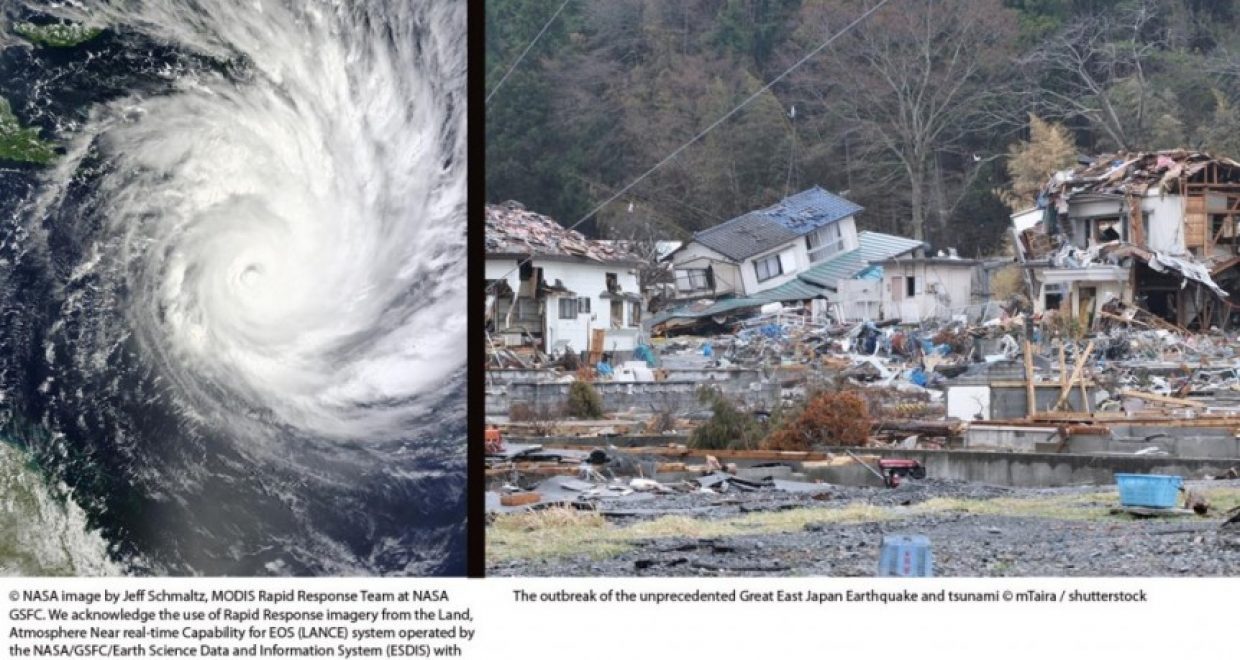Mental health implications for older adults after natural disasters
The January International Psychogeriatrics Article of the Month is entitled “Mental health implications for older adults after natural disasters – a systematic review and meta-analysis” by Georgina Parker, David Lie, Dan J. Siskind, Melinda Martin-Khan, Beverly Raphael, David Crompton and Steve Kisely. This blog piece was written for us by one of the paper’s authors, David Lie.
Our interest in the susceptibility of older adults to disaster arose in the context of an unprecedented spate of natural disasters and dramatic events affecting the Australia- New Zealand region between 2009 and 2011.
New Zealand was affected by an air crash, earthquakes (notably Christchurch) and the Pike River Mine accident. A number of bushfires affected most regions of Australia notably the Black Saturday fires, which itself had followed a heatwave. Flood and cyclone preoccupied other parts of the country (e.g. Cyclone Yasi) amidst economically disruptive events such as volcanic ashclouds. Taken together these events killed hundreds of people and injured or displaced thousands more.
The broad psychological impact of the Tohoku earthquake, tsunami and nuclear disaster complex was the closing parenthesis for a period that demanded we knew more about the psychiatry of extreme events and particularly for older adults. Very little seemed to have been written as overview with the exception of a narrative review by Cherniak (2008) and a book on geriatric aspects of disaster psychiatry (2010).
As we explored the literature, contradictory themes emerged suggesting that older people were as likely, more likely or less likely than younger counterparts in their susceptibility to serious mental health sequelae after disasters.
Four broad theories to explain age-related resilience or vulnerability are outlined in the introduction to our paper which can be summarised as:
- Experience counts
- You don’t react emotionally as much as you age which is protective
- The middle aged are stressed most, caring for their children and parents
- As you age you become more vulnerable
We chose to analyse the highest quality research to determine broad patterns but much more needs to be learned. Our research (Parker et al., 2016 this issue) showed increased relative risk for PTSD and adjustment disorder but is based on particular disasters in particular contexts and only on natural disasters. Our included studies were characteristically events which were sudden, unheralded and producing significant physical destruction comprising four earthquakes and two tsunamis.
It could be that older adults actually have better outcomes in disasters where evacuation and/or preparation are possible or in areas where natural disasters such as hurricanes or cyclones are recurrent and an eventual part of life for those who live long enough.
We would certainly recommend further development of standardised, validated tools and research protocols for deployment in future disaster psychiatry studies to expedite our understanding. Whatever the reality of climate change, the world is indisputably ageing and increasingly living closer to shorelines and other places that put older people “in harm’s way”.
References:
Cherniack EP.. The impact of natural disasters on the elderly. Am J Disaster Med. 2008 May-Jun;3(3):133-9.
Parker G, Lie DC, Siskind DJ, Martin-Khan M, Raphael B, Crompton D and Kisely S. Mental health implications for older adults after natural disasters – a systematic review and meta-analysis. Int Psychogeriatrics 2016 (2016), 28:1, 11–20
Geriatric mental health disaster and emergency preparedness. John A. Toner,
editor ; Therese M. Mierswa, associate editor, Judith L. Howe, associate editor.




